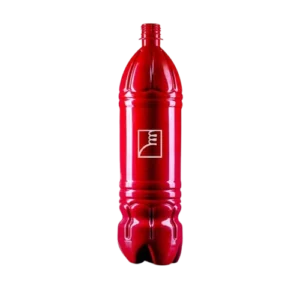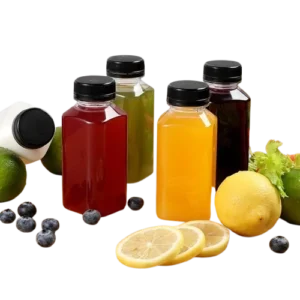- sales@biolabmarket.com
- +1 (469) 819-5592
The Role of Vacuum Pumps in the Beverage Industry
The beverage industry is among the most dynamic and competitive sectors within the global food industry. Today’s consumers expect the products they purchase not only to maintain a pleasant taste and freshness but also to be completely safe and hygienic. Achieving these high standards is only possible through advanced production and packaging technologies.
One of the key technologies that directly influence the quality and shelf life of beverages is vacuum technology. Vacuum pump serves as the core component of this technology, responsible for removing unwanted air and gases at various stages of the production line. Without vacuum application, oxygen and environmental contaminants easily enter the product, causing changes in flavor and color and significantly shortening the product’s lifespan. For this reason, vacuum pumps are an indispensable part of modern beverage manufacturing and packaging processes.

Vacuum Bottle Filling
Filling bottles is one of the most delicate steps in beverage production. Traditional methods rely on atmospheric pressure filling, which allows air to mix with the beverage inside the bottle. This trapped oxygen is the primary culprit in flavor alteration and reduced shelf life. Additionally, the formation of bubbles and foam during filling damages the appearance and slows down the packaging process, increasing costs.

Vacuum pumps eliminate these issues by first evacuating the air inside the bottle. Then, the beverage is filled in an environment nearly free of oxygen. This approach offers several advantages:
- Preserves the natural taste of the beverage
- Minimizes foam and bubbles
- Increases filling line speed and overall factory productivity
This technology is especially prevalent in factories producing mineral water and carbonated soft drinks, where quality control across millions of bottles daily is critical.
Vacuum Degassing
During production and storage, beverages can dissolve oxygen and other unwanted gases. These dissolved gases negatively affect the flavor, aroma, color, accelerate spoilage, and can reduce nutritional value. For example, fruit juices exposed to oxygen oxidize rapidly and lose quality.
Vacuum degassing addresses this by applying negative pressure to extract dissolved gases effectively. Vacuum pumps are essential in this process; higher pump power and precision reduce oxygen content in the beverage, extending product shelf life.
This method is vital not only for still beverages like fruit juices and mineral water but also for carbonated drinks. In sodas, oxygen must be removed without losing carbon dioxide (CO₂), which provides the characteristic fizziness. Achieving this delicate balance requires industrial vacuum pumps with high accuracy.
Sealing and Capping
After filling, the sealing stage is critical. Even minimal air ingress during capping can rapidly degrade beverage quality and increase spoilage risk.
Modern sealing machines employ vacuum pumps to create a vacuum inside the bottle just before sealing, minimizing trapped air. Then, the cap is tightly sealed without any leaks. This method enhances product safety and commercial reliability.
For large beverage manufacturers, this step is vital, as any leakage or contamination can lead to millions of defective bottles and substantial financial losses.
PET Bottle Manufacturing with Vacuum Technology
PET bottles are the most widely used beverage packaging worldwide. Their production involves blowing and shaping plastic preforms. Vacuum pumps play an important role in this process by removing excess air and vapor from molds to ensure uniform, bubble-free bottles.
The quality of PET bottles directly impacts the final product. Bottles with uneven walls or bubbles can cause leaks or reduce shelf life. Industrial vacuum pumps help produce high-quality bottles at high speed and consistent standards.
Final Packaging and Labeling
In the last stages of production, beverages are placed in cartons and labeled. Modern machinery uses vacuum suction to hold bottles firmly, ensuring precise and fast labeling. This improves packaging speed and results in professional, uniform finished products.
Conclusion
The beverage industry directly impacts consumer health, and any mistake during production can cause irreparable damage. Vacuum pumps ensure that from filling and degassing to sealing and packaging, product quality and safety are maintained throughout the manufacturing process.
